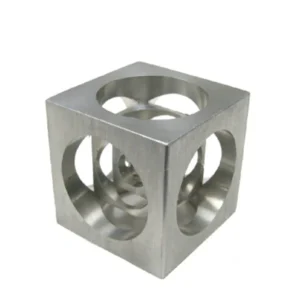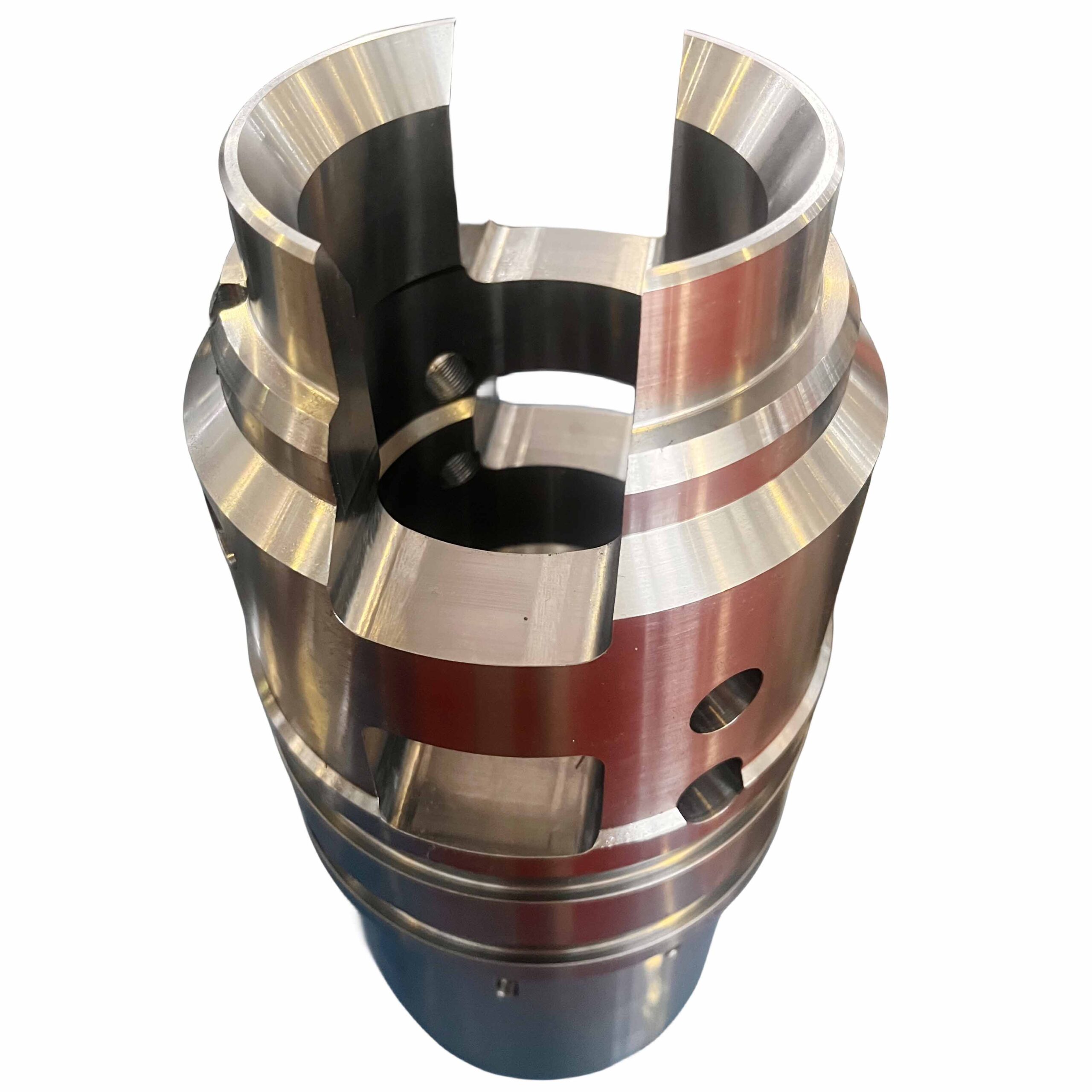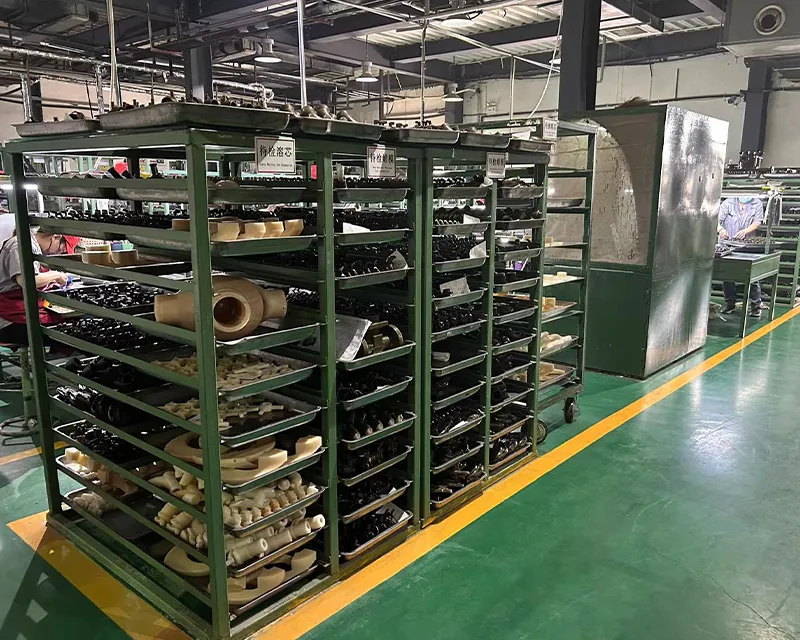In mechanical machining, tolerances refer to the allowable deviation from a specified dimension in a part or component. These tolerances are essential for ensuring the proper fit, function, and interchangeability of parts in various mechanical systems. Machining processes such as milling, turning, drilling, and grinding can achieve different levels of tolerance, typically specified in units like millimeters (mm) or inches (in). The achievable tolerance depends on factors such as the machining method, machine precision, material properties, and part complexity. Common tolerances include:
- General Tolerance: This is a standard tolerance applied to dimensions unless otherwise specified. For example, a general tolerance of ±0.1 mm means that the actual dimension can vary by up to 0.1 mm from the specified dimension.
- Dimensional Tolerance: This specifies the acceptable range of variation for a specific dimension. For example, a hole diameter may have a tolerance of ±0.01 mm, meaning the hole can be 0.01 mm larger or smaller than the specified diameter.
- Geometric Tolerance: This defines the allowable variation in form, profile, orientation, or location of features such as holes, slots, and surfaces. Examples include flatness, parallelism, perpendicularity, and concentricity tolerances.
- Surface Finish: While not a dimensional tolerance, surface finish refers to the quality of the surface texture produced by the machining process. It is specified using parameters such as Ra (average roughness) or Rz (maximum peak-to-valley height).
- Positional Tolerance: This specifies the allowable deviation in the position of a feature from its true position. It is often used to ensure proper alignment of mating parts.
- Concentricity and Runout Tolerance: These tolerances ensure that rotating parts, such as shafts and bearings, are properly aligned and do not wobble during operation. Concentricity tolerance specifies the allowable deviation between the axis of a feature and a datum axis, while runout tolerance specifies the maximum deviation of a surface or axis from a true circular path.
- Thread Tolerance: For threaded parts, tolerances are specified for the major diameter, pitch diameter, and minor diameter of the threads, ensuring proper fit with mating threads.
These tolerances are crucial for ensuring that parts fit together correctly, function properly, and meet the required quality standards. Achieving tight tolerances often requires advanced machining techniques, precision equipment, and careful quality control measures.





